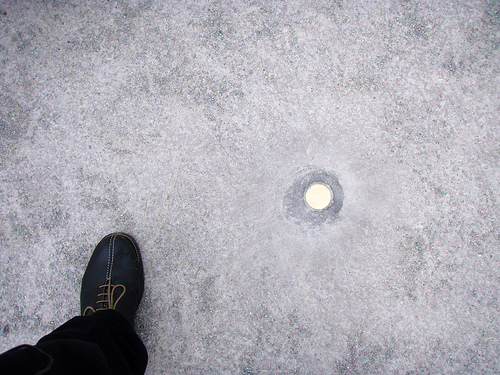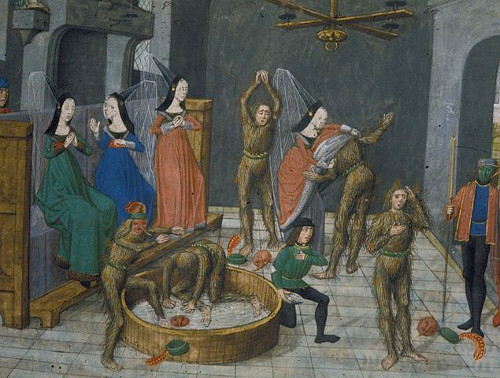In the early 1770s a writer signing himself Junius published a series of letters in the Public Advertiser, criticizing the British government. His identity was the matter of much speculation, so much so that Samuel Parr jokingly wrote to Jane Morsingale, “Madam, You are a very charming woman, and I should be happy to obtain you as a wife. If you accept my proposal I will tell you who was the author of Junius.”
The writer’s identity was never discovered, but suppose he was Sir Philip Francis, as is widely suspected. We would say that Junius necessarily is Francis. But this seems an odd kind of necessity: There’s no logical contradiction in the sentence “Junius is not Francis,” and the laws of physics don’t prevent the two from being distinct.
“There is a kind of necessity that is neither logical nor physical, namely metaphysical necessity,” writes Robin Le Poidevin in Travels in Four Dimensions. “When we say that something is metaphysically necessary, we do not imply that in denying it, one would commit oneself to a logical contradiction. Nor are we saying that it is required by the laws of nature. But we are saying that, in some fundamental sense, matters could not be otherwise.”
A related puzzle: Charles Dodgson made this entry in his diary on Nov. 8, 1897:
A letter came, addressed to ‘L. Carroll, Christ Church, Oxford.’ So many such now come, that I have decided to refuse them, and gave it, unopened, to Telling, to return to the Post Office. All such will now go back to the writers, through the Dead Letter Office, with endorsement ‘not known.’
If Charles Dodgson explicitly disavows being Lewis Carroll — then who is Lewis Carroll?





